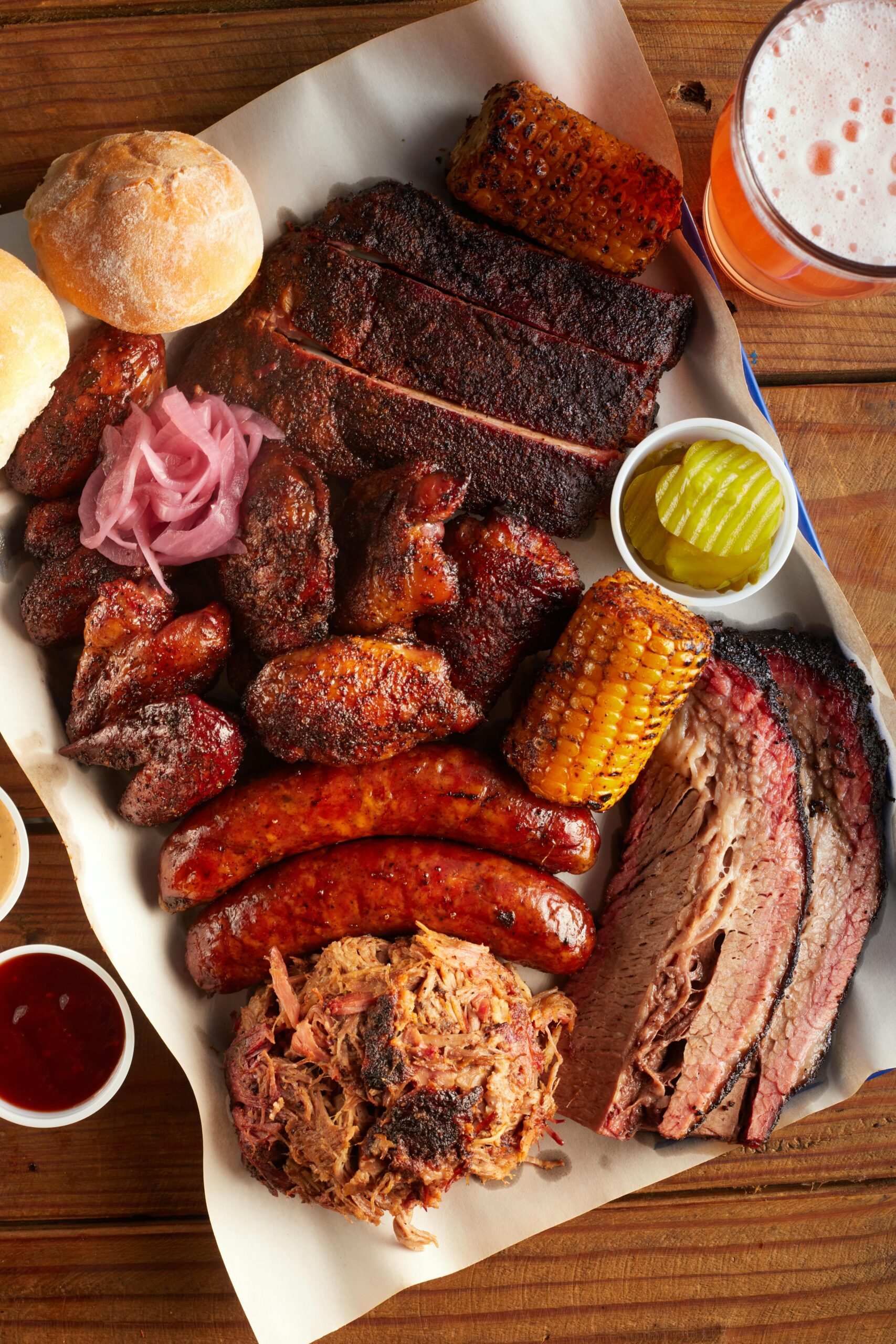Food waste is a major issue in the restaurant industry, leading to financial losses and environmental concerns. Food insecurity remains a challenge; minimising food waste is not only a responsible business practice but also an ethical one. By implementing efficient strategies, restaurant owners can reduce waste, cut costs, and improve sustainability. The following can be implemented to ensure that food waste is reduced in restaurants:

1. Conduct a Food Waste Audit
Before waste can be reduced, you need to understand how much food is being wasted and why. A food waste audit should be conducted by:
- Tracking food thrown away daily
- Identifying common reasons for waste. Some of the reasons could be portion size, spoilage or improper storage
- Recording expiration dates and inventory losses
The conducted audit would help point out key areas where there’s a need for improvement.
2. Improve Inventory Management
Poor inventory control leads to spoilage and unnecessary waste. Best practices would include:
- Using the FIFO (First In, First Out) method to ensure older ingredients are used first
- Regularly checking inventory and discarding expired items
- Keeping perishable items in controlled storage conditions to extend shelf life
- Using inventory tracking software to monitor stock levels and expiration dates
3. Optimize Portion Sizes
Overportioning leads to uneaten food being thrown away. To control portions restaurants would have to:
- Standardize serving sizes using portion control tools using measuring cups, ladles, and scales
- Offer different portion sizes to cater to varying appetites
- Encourage customers to customize their portions by selecting sides
4. Reduce Overproduction
Preparing excessive amounts of food results in waste. To avoid this:
- Use sales data collect from older dates to predict demand and adjust production
- Prepare food in smaller batches, replenishing as needed
- Monitor slow-moving dishes and adjust the menu accordingly
5. Train Staff on Waste Reduction
Employees play a key role in food waste management. Restaurant staff should be trained to:
- Handle ingredients properly to minimize spoilage
- Store food correctly to maintain freshness
- Follow portion control guidelines
- Recognize and use food scraps creatively
6. Store Food Properly
Improper storage leads to spoilage and waste. These best practices should be implemented to curb food waste:
- Keep refrigerators and freezers at optimal temperatures
- Use airtight containers to prevent contamination and dehydration
- Label and date all perishable items for easy tracking
- Separate raw and cooked foods to prevent cross-contamination
7. Reuse Food Scraps Creatively
Many food scraps can be repurposed into new dishes or products, such as:
- Using vegetable peels and bones to make broth
- Incorporating fruit peels into desserts and beverages
- Repurposing stale bread into breadcrumbs that can be used to coat food ingredients for frying
- Using overripe fruits for smoothies or jams
8. Donate Excess Food
Instead of throwing away surplus food, restaurants can consider donating to those in need. They could partner with:
- Local food banks
- Charities and religious organizations
- Shelters and orphanages
9. Compost Organic Waste
When food waste is unavoidable, composting is an eco-friendly disposal method. The process of composting:
- Converts food scraps into nutrient-rich soil for farming
- Reduces landfill waste and methane emissions
- Supports local gardens and agricultural projects
10. Offer Takeaway and Leftover Packaging
Restaurants can encourage customers to take leftovers home by providing eco-friendly takeaway containers. This can be promoted by:
- Training waitstaff to offer takeaway options before clearing plates
- Using biodegradable or recyclable packaging to reduce environmental impact
11. Monitor and Adjust Strategies Regularly
Waste reduction is an ongoing process. Continuously monitor progress by:
- Reviewing waste reports and adjusting inventory levels
- Gathering customer and staff feedback
- Updating training and policies based on new findings

Reducing food waste in your restaurant benefits both the environment and your bottom line. By improving inventory management, training staff, optimising portion sizes, repurposing food scraps, and donating surplus food, you can create a more sustainable and profitable business. Implement these strategies in your restaurant today and make a lasting impact!

Leave a Reply